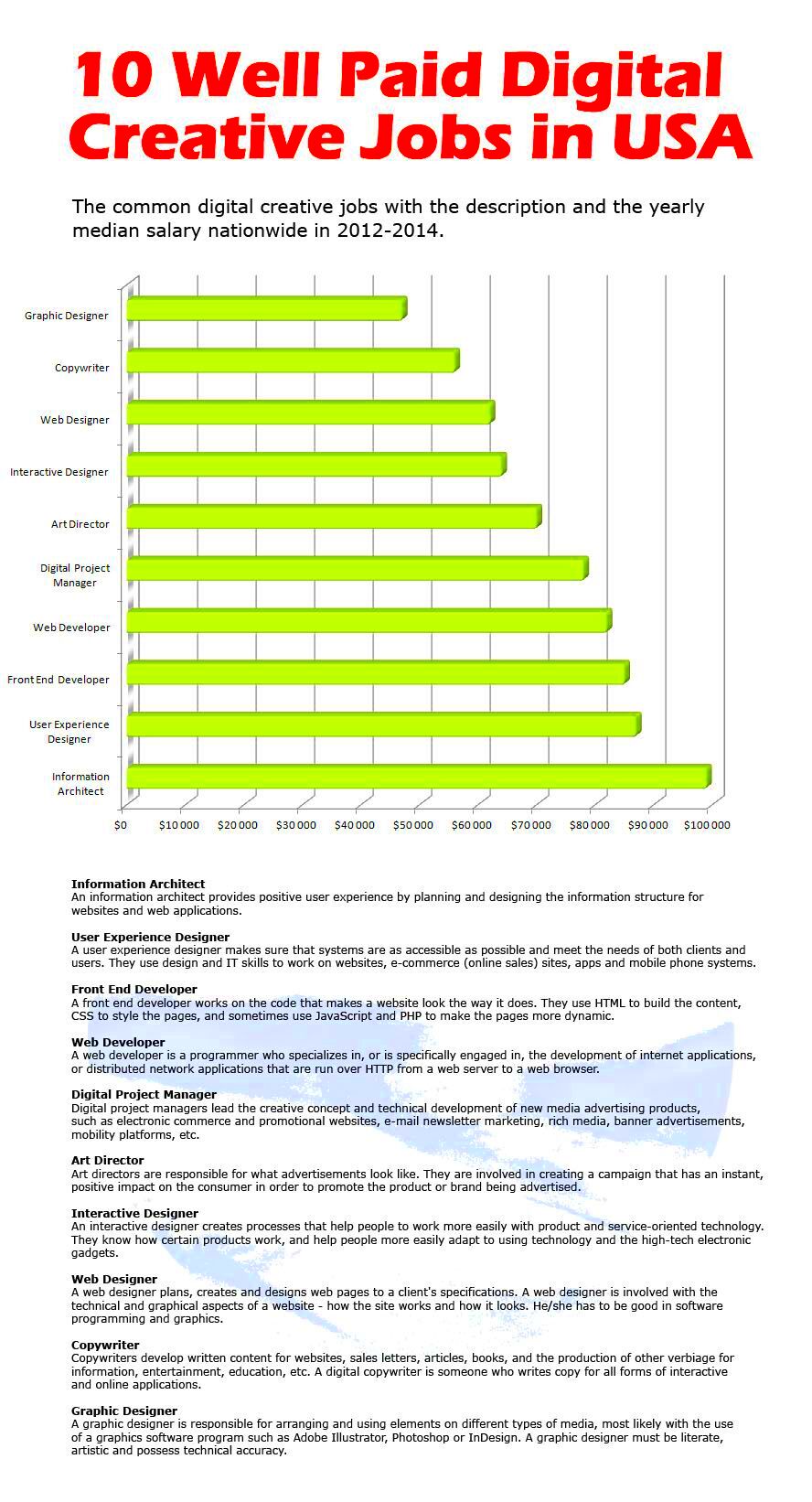A thrilling, constantly changing discipline is digital image processing. It encompasses the act of using computers to enhance photographs or derive significant details from them. The progress of technology brings with it new prospects in this job sector.Different sectors such as medical care, amusement and safety depend on the application of digital picture altering techniques. In this article we are going to discuss the recent changes that have occurred in the profession, essential capabilities that one needs to join the profession, and employment opportunities that are available in this world full of color.
Current Trends in Digital Image Processing Jobs

The digital imaging processing arena is dexterously and continuously changing owing to innovations in technology as well as fluctuating market demands. Some of the major phenomena affecting the career world include:
- Artificial Intelligence Integration: AI is increasingly being used in image processing. This integration allows for better image analysis, pattern recognition, and automated editing, leading to more job openings in AI-focused image processing.
- Demand for High-Quality Visuals: Industries such as marketing and social media are pushing for high-quality visuals. This demand creates opportunities for image processors who can enhance and produce stunning images.
- Healthcare Innovations: In healthcare, digital image processing plays a vital role in diagnostics, particularly in medical imaging. This sector continues to grow, creating jobs for specialists who can analyze and interpret medical images.
- Virtual and Augmented Reality: The rise of virtual and augmented reality is transforming how images are processed. Professionals skilled in this area are in high demand.
Key Skills Needed for Success in This Field
To flourish in digital imaging, particular skills are a must-have. Below is a rundown of crucial abilities that can distinguish you:
- Technical Proficiency: Familiarity with software tools like Adobe Photoshop, GIMP, or MATLAB is crucial.
- Understanding of Algorithms: Knowledge of image processing algorithms helps in effectively manipulating and analyzing images.
- Attention to Detail: Precision is vital when working with images, as even minor changes can significantly affect the outcome.
- Creativity: A creative mindset helps in producing visually appealing images and innovative solutions to complex problems.
- Communication Skills: Strong communication is necessary for collaborating with teams and presenting findings or ideas clearly.
The likelihood of securing employment in the area of digital picture processing greatly increases if one possesses a combination of these competencies.
Top Companies Hiring for Digital Image Processing Roles
Digital image processing field is full of openings since several businesses are beginning to see the importance of visual data. Some major firms hiring for positions in this sector include:
- Adobe: Known for its software solutions like Photoshop and Lightroom, Adobe is always on the lookout for image processing experts to help enhance its products.
- Siemens Healthineers: This company focuses on medical imaging and diagnostics. They hire specialists to improve imaging techniques and data analysis.
- NVIDIA: As a leader in graphics processing units (GPUs), NVIDIA often seeks professionals skilled in image processing to work on cutting-edge technologies.
- Google: Google employs image processing specialists to enhance image search capabilities and improve visual recognition algorithms.
- Pixlr: An online photo editing tool that values creative image processors to help refine and develop new features.
Not only do these firms have thrilling positions, they also allow for utilization of most recent digital image processing technologies and tools.
How to Build a Strong Portfolio in Digital Image Processing
Your skills could be presented best with a portfolio that has been well put together in order to attract possible employers. Below are some strategies for crafting a portfolio that stands out:
- Include a Variety of Work: Show different styles and techniques by including various projects, such as photo editing, image analysis, and even original artwork.
- Highlight Your Best Work: Quality over quantity is key. Choose your top 10-15 projects that demonstrate your skills and creativity.
- Provide Context: For each piece, include a brief description of the project, your role, and the tools used. This helps potential employers understand your process.
- Show Your Growth: Include older projects to show how you’ve evolved as an image processor. This illustrates your commitment to learning and improvement.
- Online Presence: Create a personal website or use platforms like Behance to showcase your portfolio. Ensure it’s easy to navigate and visually appealing.
Bear in mind that you can have only one chance to give good first impression to your prospective employer through your portfolio. As such, take time pruning it until everything glitters in there!
Networking Tips for Aspiring Digital Image Processors
Especially within the areas of digital image processing networking has ability to change your career game by far. The following are few powerful networking tips:
- Join Professional Groups: Look for industry-specific groups on platforms like LinkedIn. These groups often share job postings and industry news.
- Attend Workshops and Conferences: Participate in events focused on digital imaging and technology. It’s a great way to meet like-minded professionals and learn about new trends.
- Connect on Social Media: Follow industry leaders and companies on social media. Engaging with their posts can help you get noticed.
- Informational Interviews: Reach out to professionals in the field and ask for informational interviews. This shows your interest and helps you learn about different career paths.
- Collaborate on Projects: Teaming up with others on projects can help you build relationships and expand your network. It’s also a good way to enhance your portfolio.
Creating a robust system of connections can lead to career prospects and also give you precious information concerning the field of digital image processing.
Common Interview Questions in Digital Image Processing
When it comes to preparing for the interview in digital image processing, it can appear overwhelming. However, having knowledge of the typical questions can be an advantage. Below are several frequently-asked questions that you may run into:
- Can you explain the difference between image processing and computer vision?This question tests your foundational knowledge. Image processing focuses on enhancing and manipulating images, while computer vision aims to interpret and understand those images.
- What tools and software are you proficient in?Employers want to know what technologies you can bring to the table. Be ready to discuss software like Adobe Photoshop, GIMP, MATLAB, or any coding languages you use for image processing.
- Describe a challenging image processing project you've worked on.This question allows you to showcase your problem-solving skills and how you handle obstacles in your work.
- How do you ensure the quality of your processed images?Discuss the techniques you use for quality assurance, such as performing multiple tests or getting feedback from peers.
- What is your approach to staying updated on new image processing technologies?Employers appreciate candidates who are proactive about their learning. Share your strategies, like following industry blogs or attending webinars.
Being prepared for these questions will not only help you increase your confidence but also help you project yourself as a well-versed prospect.
FAQs about Digital Image Processing Careers
Pondering on a profession in digital image processing can often raise several inquiries. Below some of the most common queries that will aid you:
What types of jobs are available in digital image processing?
Job roles can include image processing engineer, computer vision specialist, graphic designer, and software developer focused on imaging technologies.What education is required for a career in this field?
A degree in computer science, electrical engineering, or a related field is often required. Specialized training or certifications in image processing can also be beneficial.How important is creativity in digital image processing?
Creativity is very important, especially in roles focused on design and visual content creation. It helps you think outside the box and produce unique solutions.What are the future prospects for this field?
The demand for digital image processing professionals is expected to grow, driven by advancements in AI, healthcare imaging, and multimedia content creation.How can I stay competitive in this field?
Continuous learning is key. Attend workshops, pursue certifications, and stay updated on the latest tools and technologies.
The following FAQs provide insights into the expected career paths in digital image processing.
Conclusion on Digital Image Processing Job Opportunities
To summarize, digital image processing presents numerous career possibilities and it always expands due to technological innovations. Since several sectors depend significantly on image processing such as medical care, fun and tech, qualified staff are wanted by these sectors. You can have a prosperous career in this promising area by creating a good portfolio, improving your abilities and developing an extensive network.If you are at the beginning stages or if you’re trying to move up in your career, it’s essential that you remain updated on what is happening in that industry and keep on perfecting your competency to distinguish your self. For anyone who would work hard things are looking great as far as future concerned and therefore more chances are expected in the area of digital image processing. Get ready for an exciting journey!
 The digital imaging processing arena is dexterously and continuously changing owing to innovations in technology as well as fluctuating market demands. Some of the major phenomena affecting the career world include:
The digital imaging processing arena is dexterously and continuously changing owing to innovations in technology as well as fluctuating market demands. Some of the major phenomena affecting the career world include:
 admin
admin








